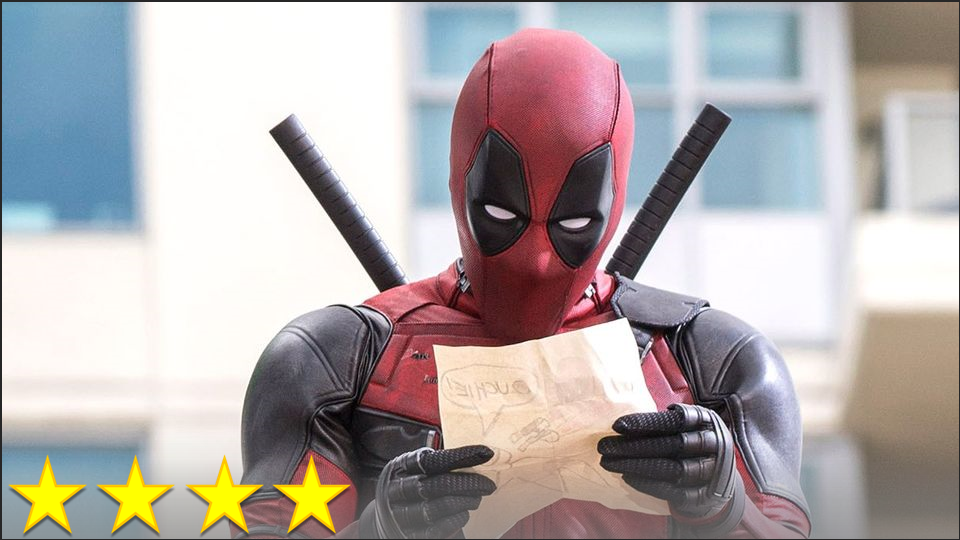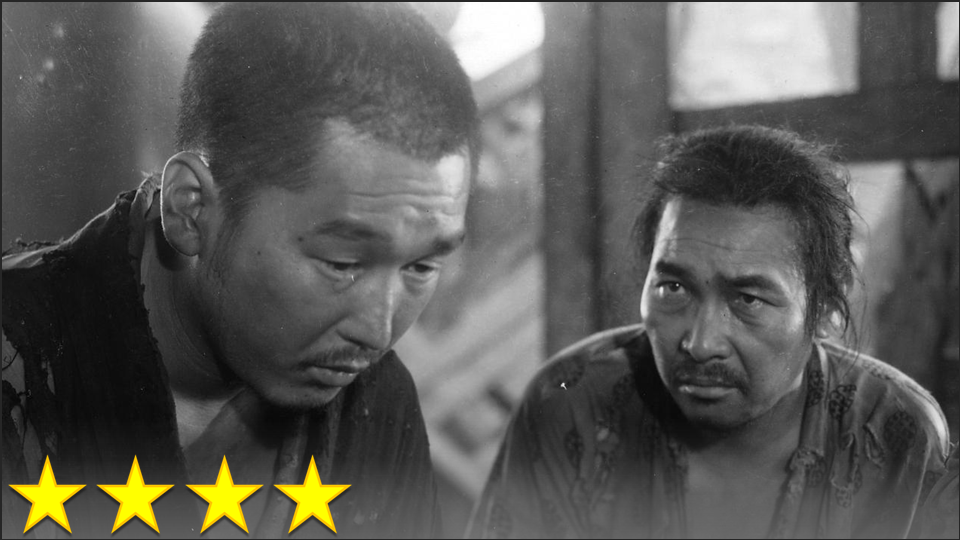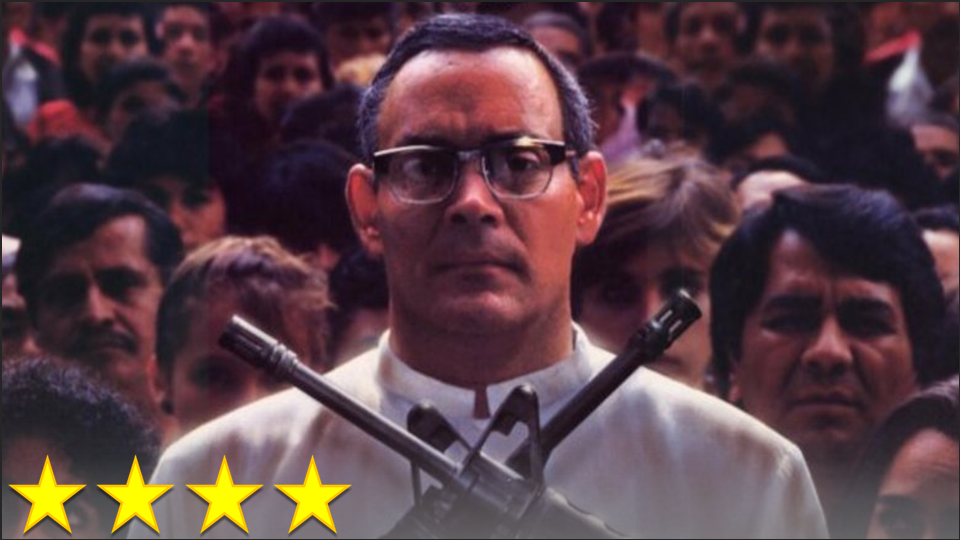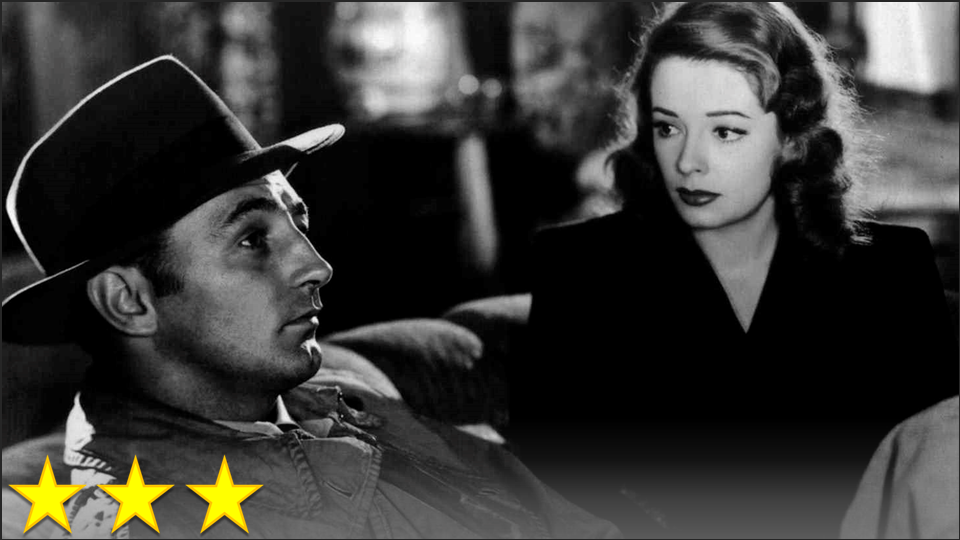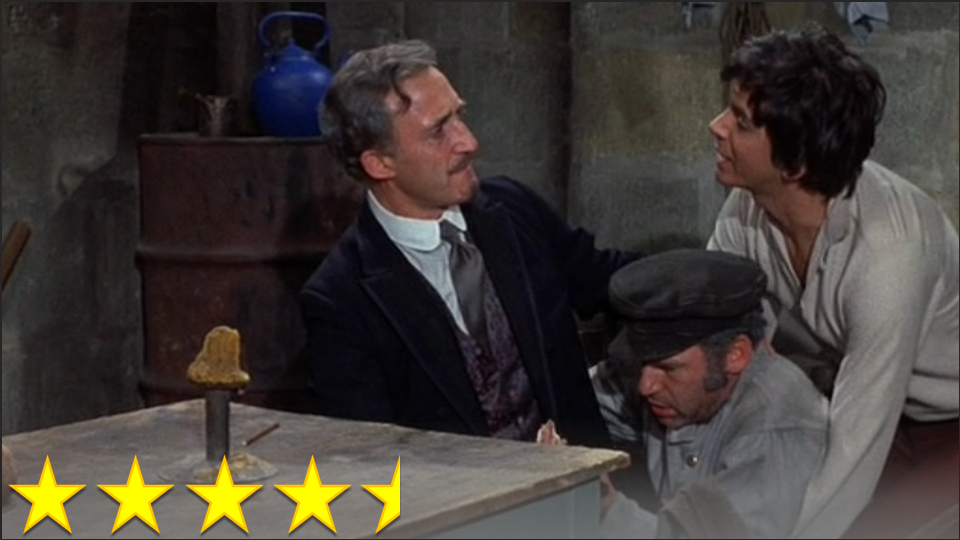This is, first and foremost, a comic book movie. I would not consider this to be a farcical comedy film that simply borrows elements from superhero stories, or that parodies comic books in the way that Holy Musical B@man does. This is a comic book movie that borrows from the farcical comedy. When looked at this way, it is a unique and very admirable film, which may even be ahead of its time.
I will address the issue that so many have had with this picture, which is its offensive nature. It is deliberately as inappropriate for children as possible, and many consider it terribly “dirty” or immoral. With as much as I may have been disgusted at times by some of the bloody and/or horrific images used, I do wish to respond to the complaints that it went too far with two main thoughts to consider. The first of these points looks at it as comedy. I very much appreciate Groucho Marx’s criticism of dirty comedy, but I do think that even the filthiest comedy can very good comedy – perhaps even intellectual comedy – if it is cleverly and creatively crafted (and I think even Groucho got a little risque on occasion). In this movie, clearly the writers did put thought and care into the dirty comedy, and most importantly, they used it to ruin, taint, or disgrace the comic book movie, which is exactly the kind of thing that comedy should do. My second point is that the reason why the film had to be this way is to make Deadpool a unique character. He seems to me to be completely separate from both the usual kind of Marvel hero, and the kind of hero that appears in comedy projects based on more official heroes.
Not every little bit of the film is perfect, and far better critics than I have already done a fine job at expressing why/how this is, so I will not waste my time with it. What I will say is that I am pleased that this year has introduced something new and original to cinema, which I think has the potential to make the movies a lot more fun.
